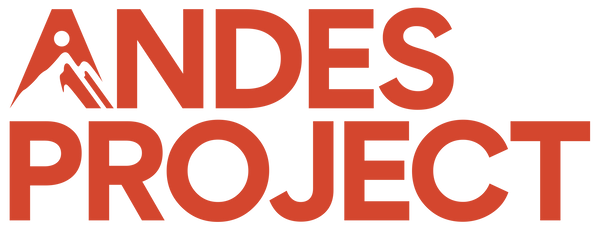Throughout this journey, I have begun to make many relationships. Some of those are through direct business. Others are just organic connections. S is the latter. One of our customers who liked what were doing, and loved the coffee, put me in contact with S, a coffee farmer in Aragua. We don't source any coffee from S (not to say we wont do in the future, and not to say that we wont be sourcing from Aragua in the coming months...) but we have developed a friendship that extends coffee. It is precisely why I felt comfortable asking him the question; Could you try and explain some of the difficulties you are facing as a farmer right at the moment?
Now it was made clear to me from the start, since the July 28th election, there has of course been significant problems that look to smother Venezuela's industry and economy, but many of these have been problems that have existed for some time now. Difficulties may appear clearer on a global stage, and tensions may be heightened, but these challenges have been keeping hard working Venezuelans down now for the best part of two decades. But how?
Expropriation: S knew I was sharing some of his observations and so did not want a picture of himself or his farm or to go into any specifics as not to over expose himself to the police or national guard. That should tell you enough. Expropriation did not end with Venezuela's last president, as his predecessor continues with many of the same governing tactics. Citizens continue to live in fear of their business being taken over by the government and used for the state, and as such individuals avoid confrontation or disagreement to archaic law changes and controls.
Price controls: Speaking of them, the government S tells me maintain price control over crops, coffee included in an effort to control demand and profit. These controls create a disincentive to produce coffee by farmers. This simultaneously degrades the quality of coffee that is able to be produced whilst reducing profit margins on the other end for producers. Ultimately, the bottom line is squeezed dry.
Hyper inflation: These conditions have been further worsened by a forever unravelling economic crisis, with the national currency being devalued beyond belief. Again, this increases the cost of production. This creates an obstacle for access to credit and therefore future investment or simply maintenance. This creates an environment where necessary fertilizers or farming equipment are inaccessible, creating a smaller harvest of lower quality coffee. The cycle continues.
Infrastructure issues: When relying on the countries own infrastructure, and needs or services many western countries consider basic amenities, farmers in Venezuela as much as your every day citizen face a barrage of supply chain issues as a result of underinvestment in the countries transport network. They face shortages of water, fuel and constant electricity outages. All affect the ability to maintain production, grow crops. All increase cost of production via delays with producers and citizens having to find supplies for these off the grid. S tells me candidly, all of this takes an unbelievable emotional toll too.
Customer base: Due to the above, not only is the growing of high quality specialty coffee difficult, but exportation becomes a luxury. Demand comes from within the country, yet the very issues that restrict this, force every day Venezuelans and coffee consumers out. This drain provides an extra squeeze, lowering demand, keeping prices low again. As S continued with these, it was hard each time not to see this as the straw that would break the camels back - especially when looking at the future, considering these customers are also workers, future farmers, producers. Or not.
Competition: These problems have compounded since the early 2000's. A time when the speciality coffee industry was still a niche market. Whilst Venezuelans have faced these issues, the rest of the world and specifically in the countries just next door, coffee production, advancement and coffee quality has exploded. Colombia and Brazil are two of the top three global producers. Behemoths. Seemingly untouchable now for many Venezuelan farmers, despite them being a former top 3 producer globally.
Political instability: The elephant in the room for S. The obvious yet sometimes avoided factor and reason behind struggle. Many policies have been created over the years to aid in agricultural production and help farmers it appears. Yet the implementation of these and the direction of the funding given is continually improperly handled. Corruption. There, we said it. Actions taken against the best interests of the people to benefit a few, now seen on a global stage on July 28th this year.
In the face of all of this, resilient producers such as S continue to face the every day challenges of any other coffee farmers globally, such as climate change effects or soil degradation or disease, all which reduces yields. They persevere through these in the most painful of circumstances. In the most dangerous of times. Yet the language used by S was not soft, or timid, or beaten down. We discuss history and philosophy. We discuss new hopes. We discuss business ideas and other avenue's for work, so that he can sleep easy knowing his workers and his family are fed each week. We most of all discuss the future.
It was clear that by the end of our conversation, it is not the challenges that define S, but it is his resilience. Hopefully. his observations and experiences above can enlighten a few more people tool.

